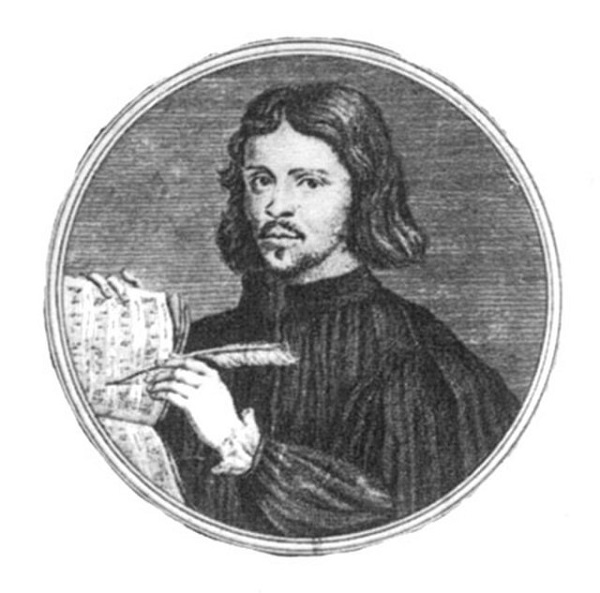Born in Derby, Dec 12, 1879
Died in Windsor, Sept 10, 1932
FLETCHER, Percy
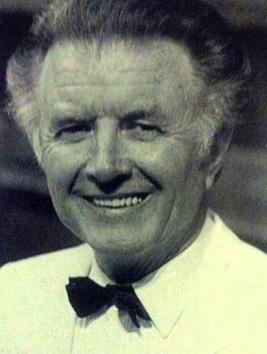

Born in Derby, Dec 12, 1879
Died in Windsor, Sept 10, 1932

Born in Hulme, Manchester, Nov 2, 1880
Died in Calcutta, April 24, 1939

Born in Manchester, March 2, 1917
Died in Liss Forest, Hampshire, December 12, 2011
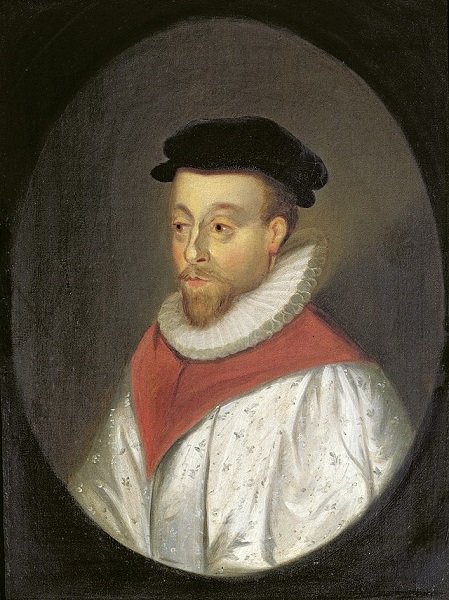
Born in Oxford, bap. Dec 25, 1583
Died in Canterbury, June 5, 1625
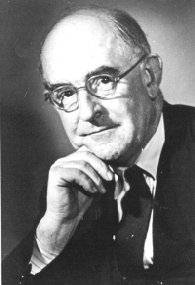
Born in Great Baddow, Essex, Aug 10, 1889
Died in Chelmsford, May 12, 1960
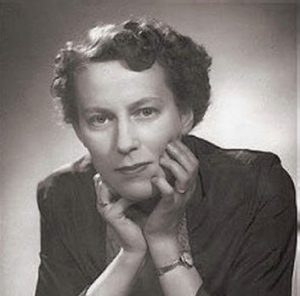
Born in Bexhill-on-Sea, Feb 20, 1921
Died in Eastbourne, Feb 23, 1999
Biography and partial works list from the British Music Collection
The Kelpie of Corrievreckan, Op. 5
Piano Concerto in g minor, Op. 34

Born in London, May 26, 1893
Died in Hillingdon, Middx, June 13, 1962

Born in London, Aug 12, 1696
Died in London, Dec 1, 1755
Fun (?) Facts: The Beef Between Handel and Greene.
“From Greene’s great admiration of Handel’s manner of playing, he had literally condescended to become his bellows-blower, when he [Handel] went to St. Paul’s to play on the organ…. Handel, after the three o’clock prayers, used frequently to get himself and young Greene locked up in the church together, and in summer often stript unto his shirt, and played till eight or nine o’clock at night.” Charles Burney, music historian and acquaintance of Handel.
“Dr. Greene has gone to the devil!”Handel, on the occasion of Greene founding a concert series with Bononcini
“For many years of his life, Handel never spoke of [Greene] without some injurious epithet.”Charles Burney 1
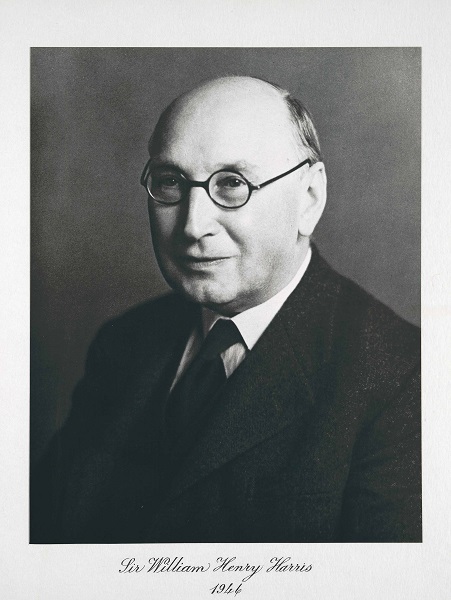
Born in London, March 28, 1883
Died in Petersfield, Sept 6, 19738
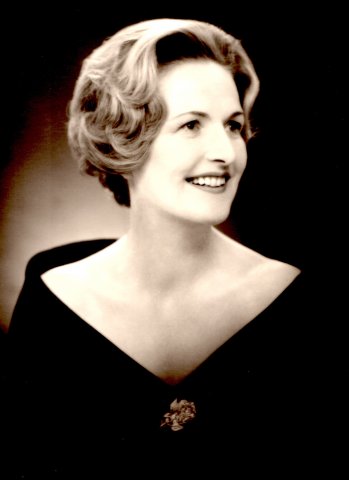
Born in Orpington, Nov 28, 1915
Died in Firle, East Sussex, Aug 28, 1990

Born in 1953
Born c.1545
Died c. 29 Nov – 1 Dec 1602
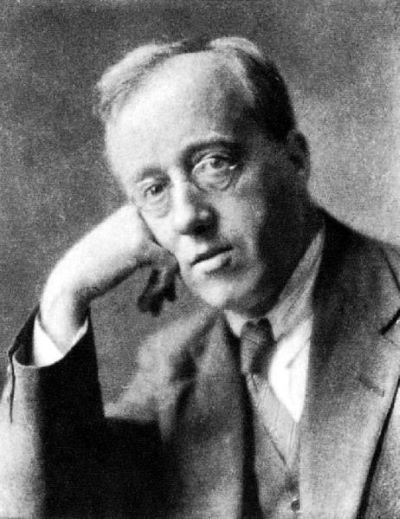
Born in Cheltenham, Sept 21, 1874
Died in London, May 25, 1934
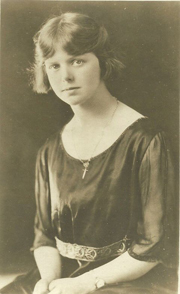
Born in Birmingham, Feb 25, 1898
Died in Malvern, Jan 12, 1982
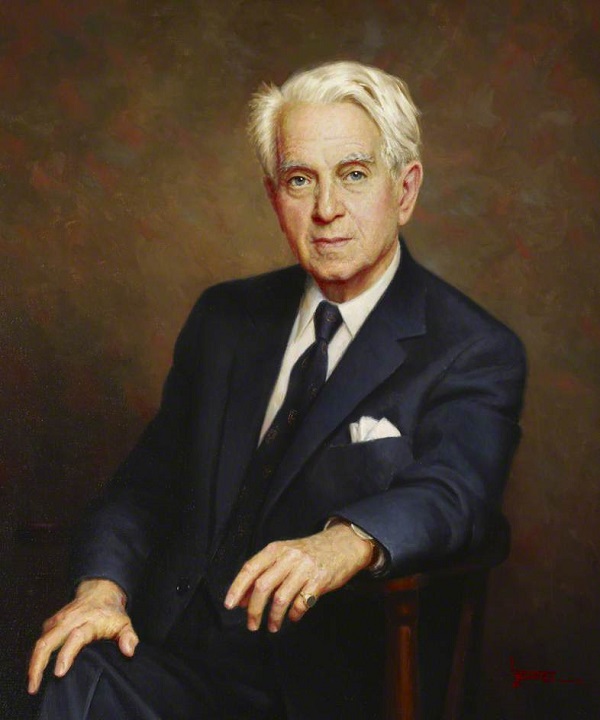
Born in Lydney, Gloucestershire, Oct 17, 1892
Died in London, Feb 23, 1983
“Howells is a composer whose music stirs profound emotional reactions from performers and audiences alike.”18
Short biography from the Herbert Howells Trust
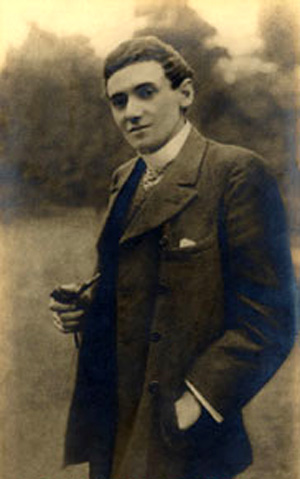

Born in Bowdon, Cheshire, Aug 13, 1879
Died in Rock Mill, Washington, Sussex, June 12, 1962
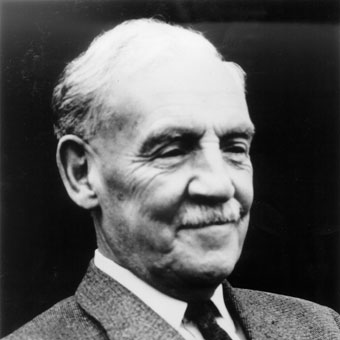
Born in London, July 5, 1895
Died in Saffron Walden, June 8, 1984
Born in Maidstone, 1592
Died in Kimberley, Norfolk, Oct 27, 1678
“He was a person of much easier temper than any of his faculty, he was neither conceited nor morose, but much a gentleman, and had a very good sort of wit, which served him in his address and conversation, wherein he did not please less than his compositions.”
Roger North, on Jenkins. English writer, biographer, and amateur musician Roger North was of Jenkins’ music students. (The Autobiography of the Hon. Roger North, 79.)

Born in Cheltenham, 1950

Born in Wakefield, Oct 2, 1929
Died in Edinburgh, Aug 24, 1988

Born in 1943 in Brighton, England
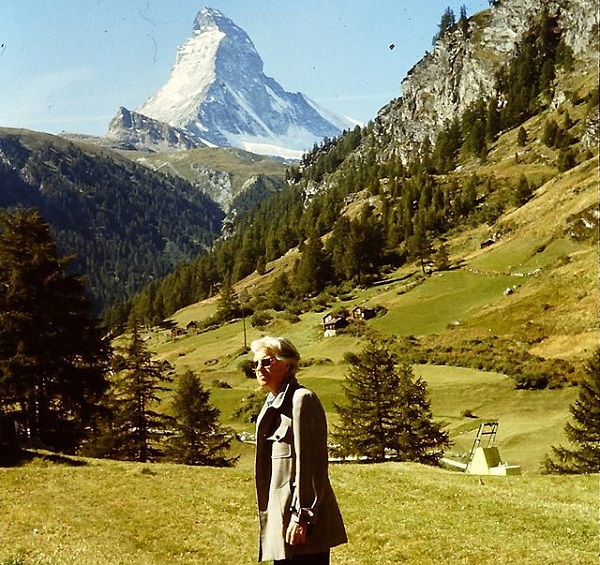
Born in St Ives, Cornwall, June 28, 1913
Died in London, July 3, 1998
“I never wrote 12-tone music because I didn’t like the theory. I studied the blessed thing in the early 1930s and thought it was a cock-eyed idea that produced horrible sounds. It made composers forget how to sing.”1– George Lloyd
Learn More
Biography from the George Lloyd Society (lots of photos!)
Short biography from BBC Music Magazine
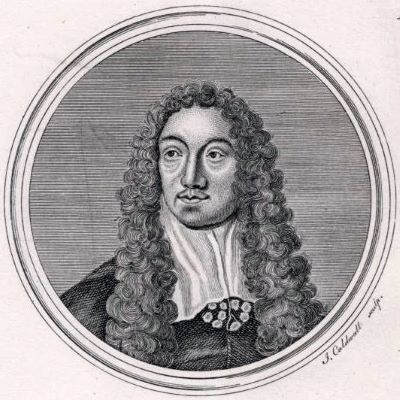
Born in Exeter (probably), 1621–3
Died in London, shortly before Aug 10, 1677

[I] “worked hard, not for the sake of work, but for the love of work”
Sir George MacFarren, on his prolific output 27
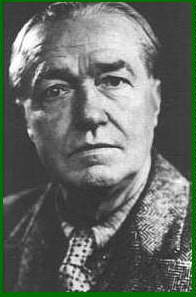
Born in Heston, Middlesex, England, Dec 31, 1894
Died near Kenmare, Co. Kerry, Ireland, Dec 1, 1950

Born in London, March 23, 1944

Born in Cheltenham, July 31, 1893
Died in Painswick, Feb 24, 1976
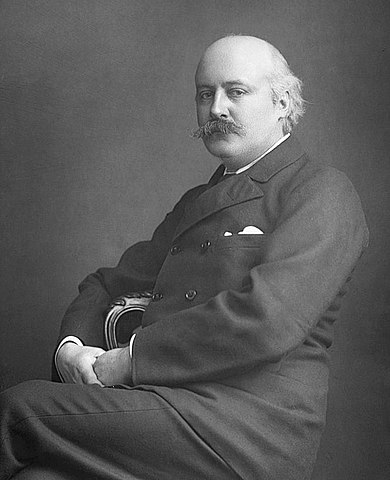
Born in Bournemouth, Feb 27, 1848
Died in Rustington, Sussex, Oct 7, 1918
“Although Parry’s ceremonial music embodies a sense of strength and confidence, on a deeper level his musical language imparts something much more aspirational – a longing for a better world in which music will help to raise humanity to new heights.”31
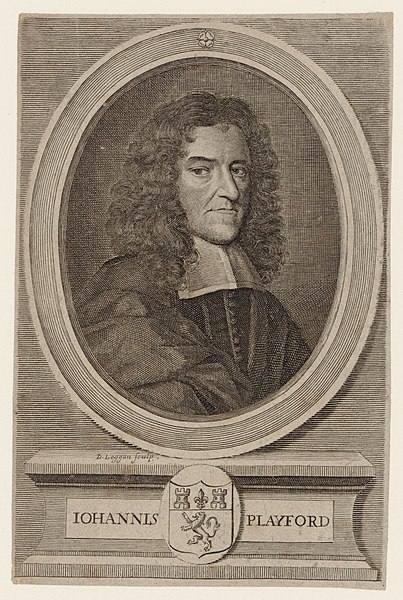
Born in Norwich, 1623
Died in London, between Dec 24, 1686 and Feb 7, 1687

Born in London, 1658 or 1659
Died in London, Nov 21, 1695
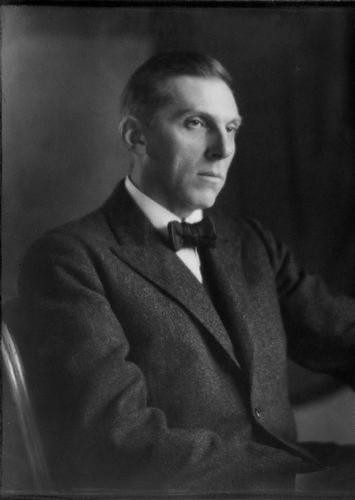
Born in Hove, Nov 1, 1877
Died in London, Sept 21, 1953

Born in London, Sept 24, 1945
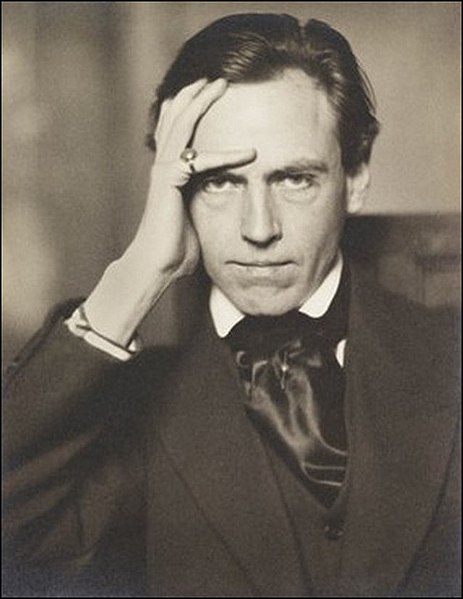
BBorn in Oxton, Cheshire, Sept 27, 1879
Died in Eastbourne, Dec 31, 19701
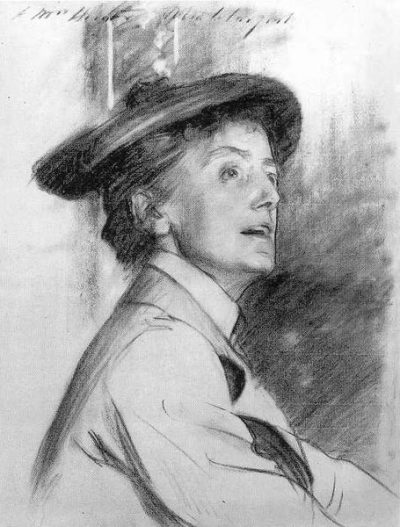
Born in London, April 22, 1858
Died in Woking, May 8, 1944
There is no consensus.
This article (2018) claims that Smyth’s family pronounced the name “Smith,” not “Smythe”
This dissertation (see p. 136) discusses Peter Avis’s theory that it should be pronounced with a long “i” and an unvoiced “th,” like “Forsyth.”
In her autobiography Streaks of Life, Ethel Smyth tells a humorous story in which she seems surprised that a woman pronounces her name to “rhyme with ‘scythe.’”

Biography from Exploring Surrey’s Past
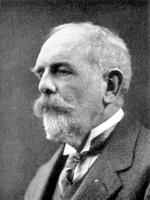
Born in Windermere, June 5, 1863
Died in London, May 2, 193736
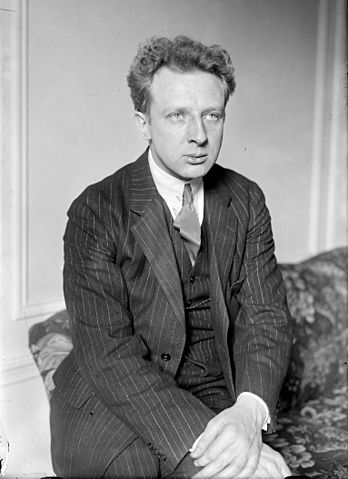
Born in London, April 18, 1882
Died in Nether Wallop, Hants., Sept 13, 1977

